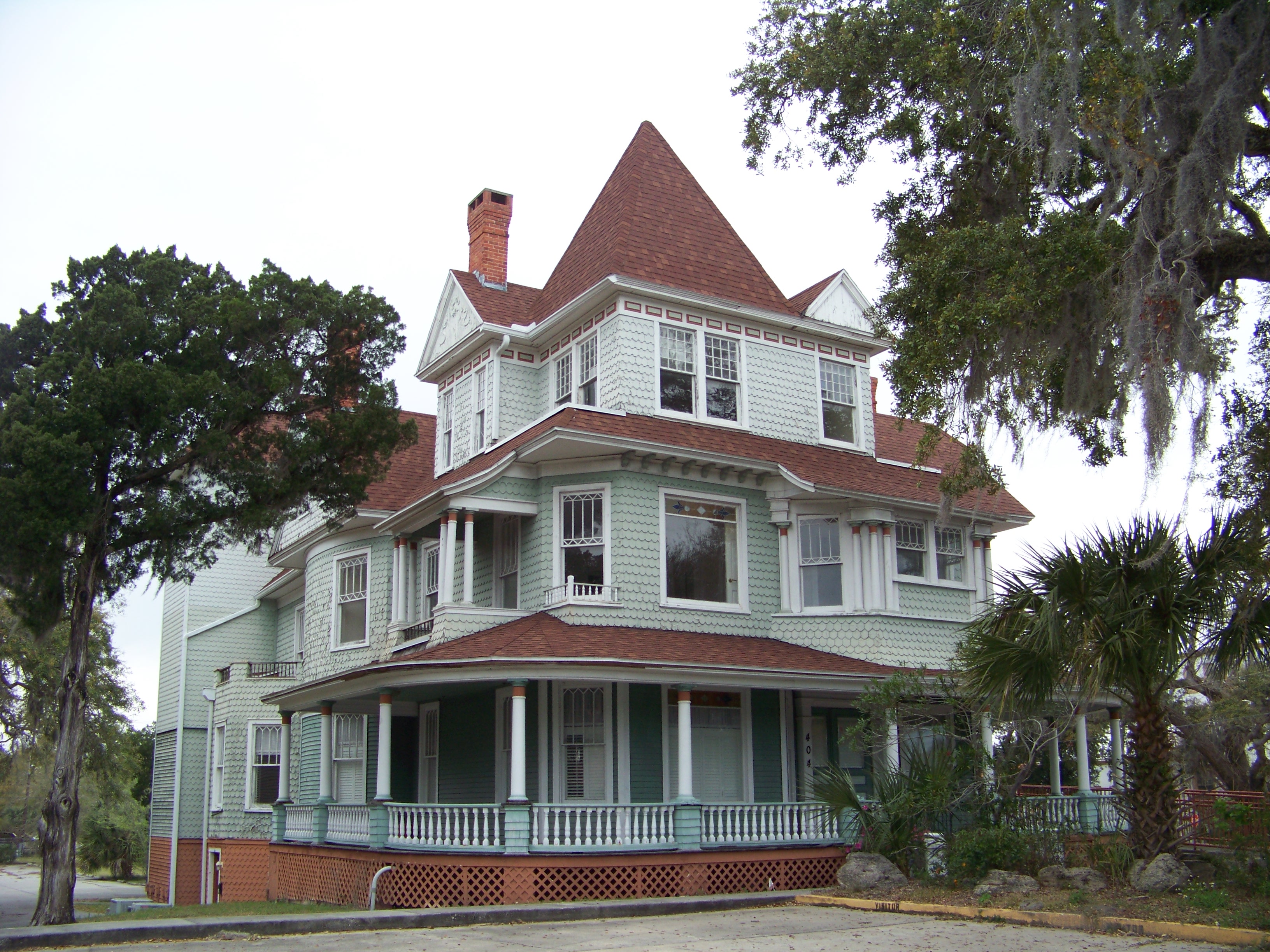ABOUT HISTORIC HOMES
A grand opportunity awaits you in the Daytona area -- an opportunity to own of a piece of history. It's an opportunity that will bring deep satisfaction to anyone who wishes to take it - the ownership and/or the restoration of a historic home.
It is often said, "What's past is prologue." In real estate, the past can indeed determine the future, when buyers choose to restore or preserve a historic property.
Before making an investment in history, though, potential homebuyers should consider these questions:
What are the particular regulations governing the property you are looking to purchase?
Does the house need extensive restoration?
Are original or substitute materials available for repairs?
Are craftsmen who are knowledgeable about historical materials and building systems available?
How will the house be appraised?
Knowing what to look for is an important first step. Potential buyers should understand that there are significant differences between a historic house and a new one. Before purchasing a historic home, consumers will want to research just how much restoration is needed and how much the restoration will cost. That includes, of course, uncovering any possible environmental problems not typically found in new construction, such as the presence of asbestos or lead-based paint.
Knowledge of any structural problem and the time and money needed to fix it should not only influence the decision of whether to buy, but also how much to offer. In some cases, the seller may be required to undertake some of the work as part of the purchase agreement.
Yet, the advantages of owning a historic house often outweigh the work that goes into finding and securing one. There is a rewarding sense of history in the unique detailing and meticulous craftsmanship found in historic homes as well as the satisfaction of restoration.
Remember that not every old home is historic. A historic home is an example of the cultural or physical development of a community, state or nation due to its architecture or association with an important historical figure or event.
If a home does qualify as a historic property, then it may be listed individually or as part of a historic district. The listing of a building or district in the National Park Service's National Register of Historic Places provides public recognition of its importance but will not interfere with an owner's right to alter, sell or determine how an individual property may be used.
For a list of historical properties, contact the the National Trust for Historic Preservation at 1785 Massachusetts Avenue, NW, Washington DC 20038.

 By
By